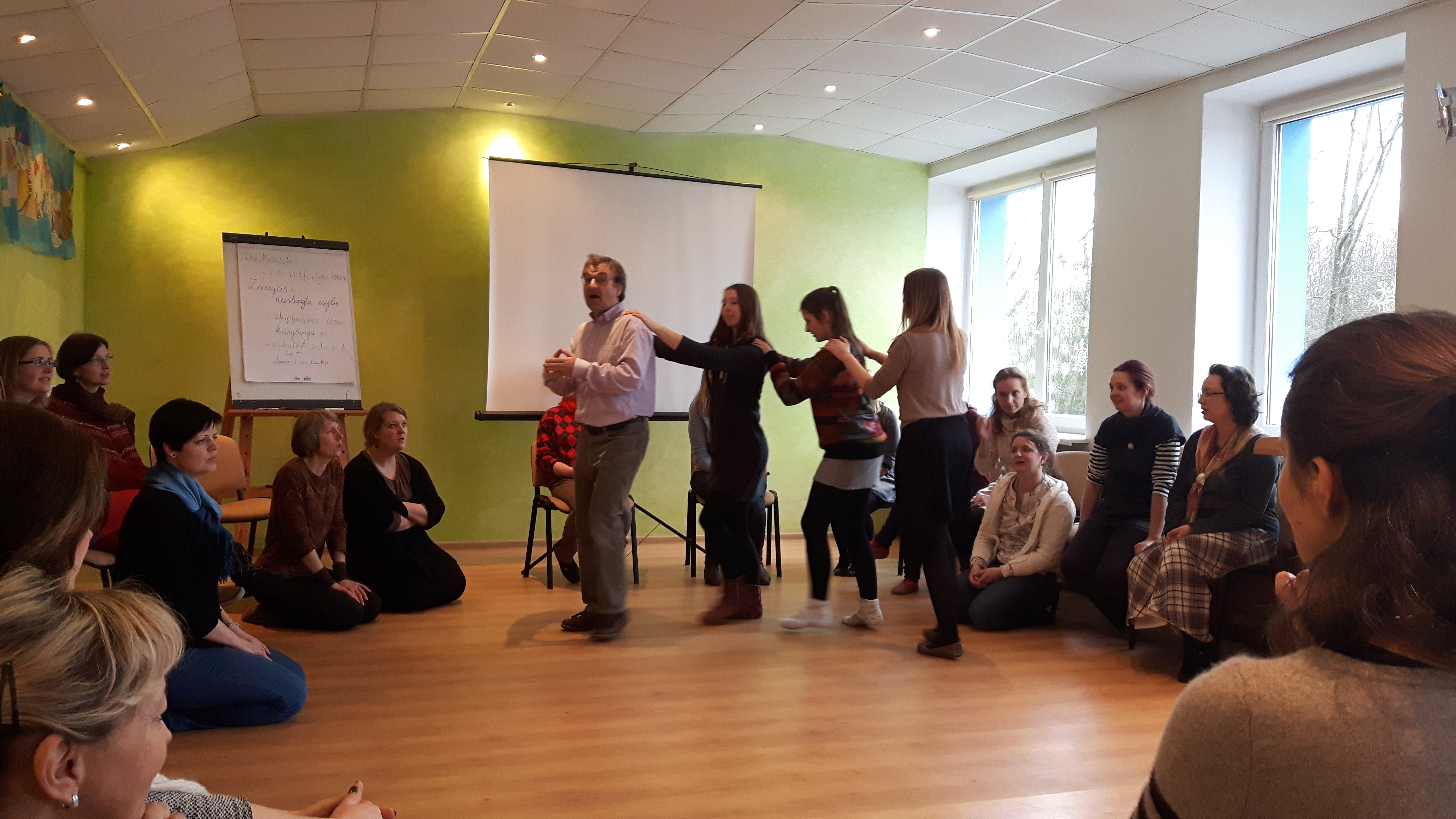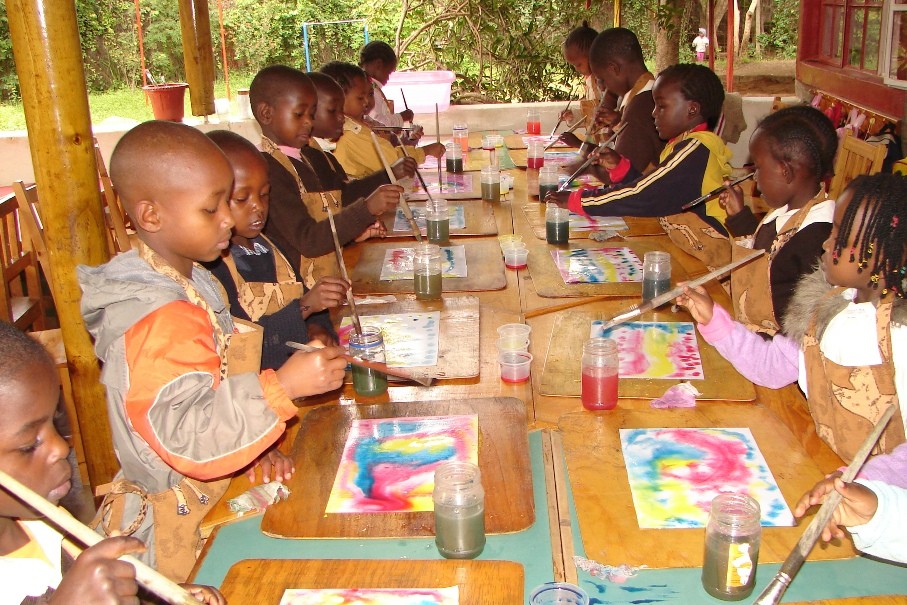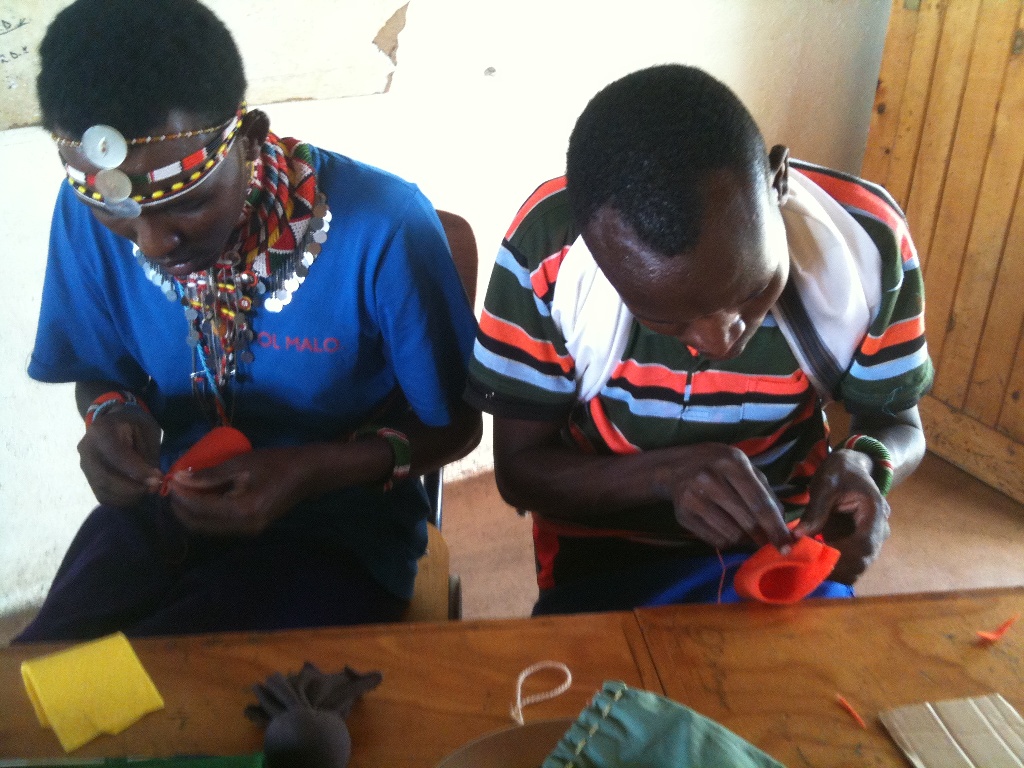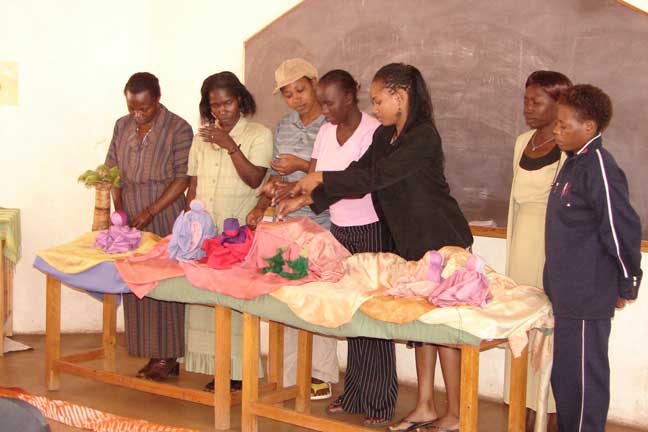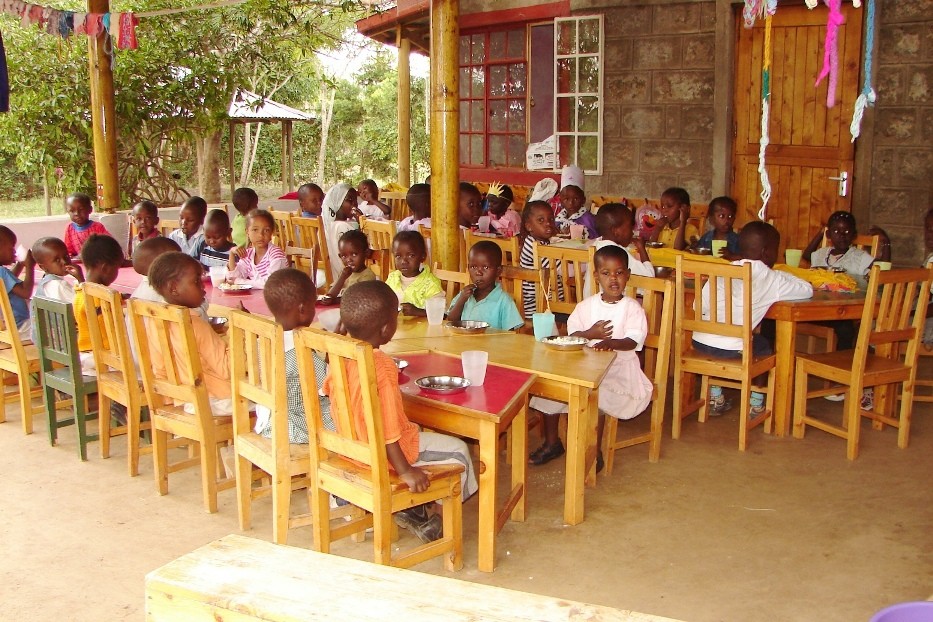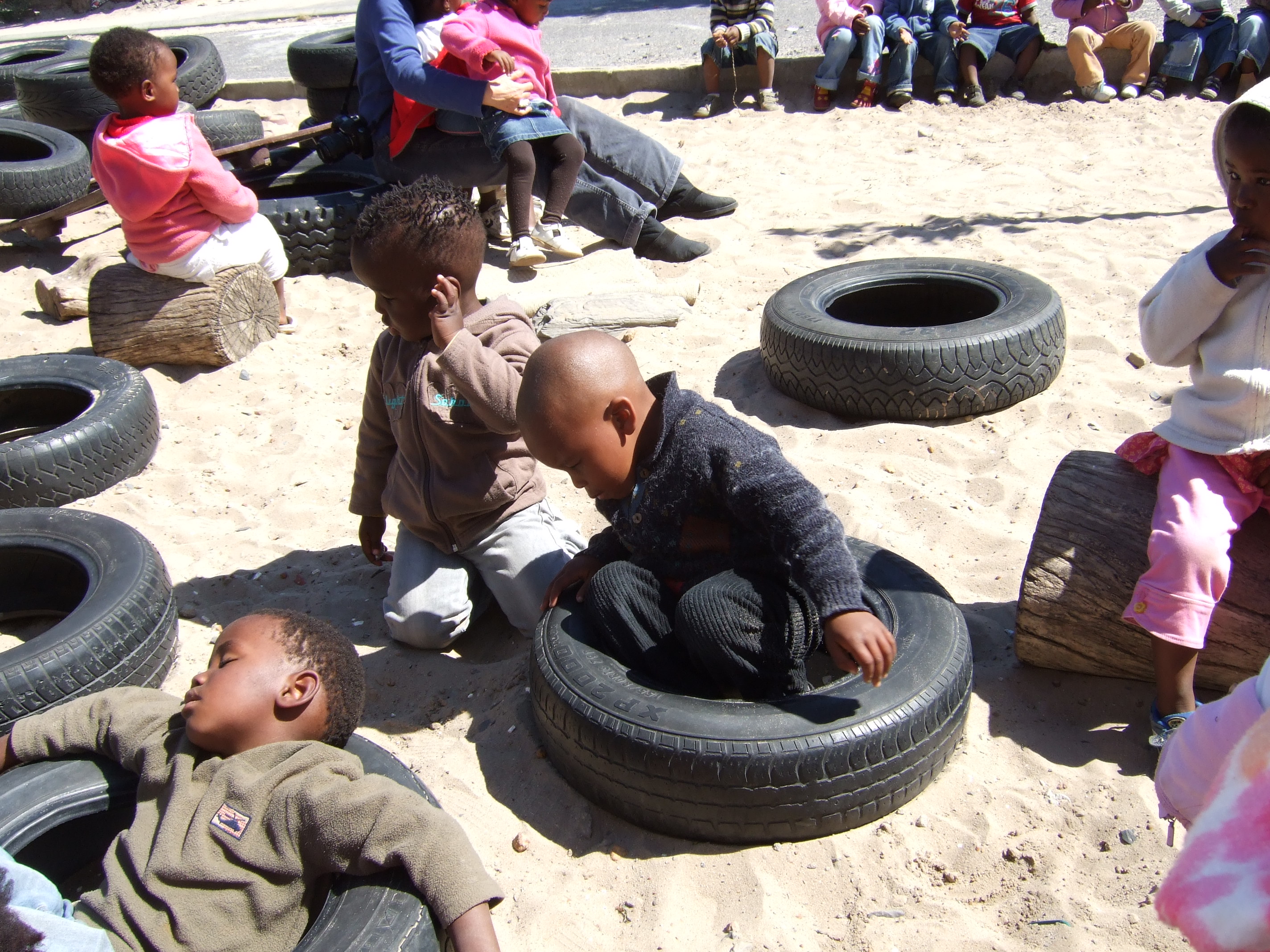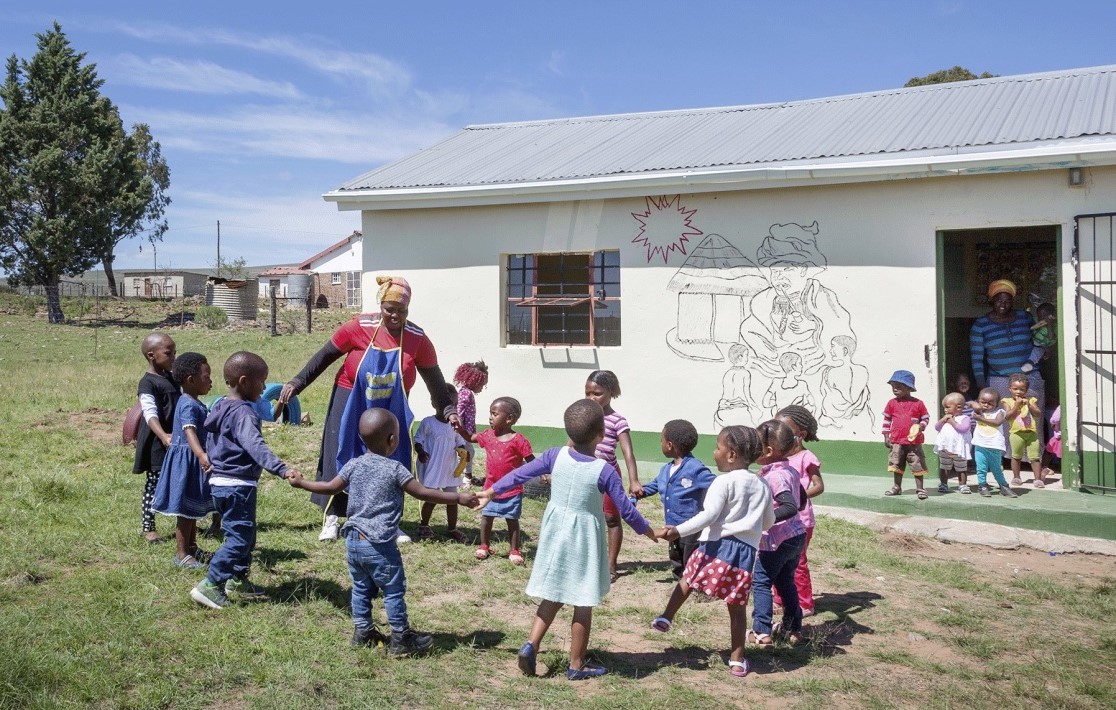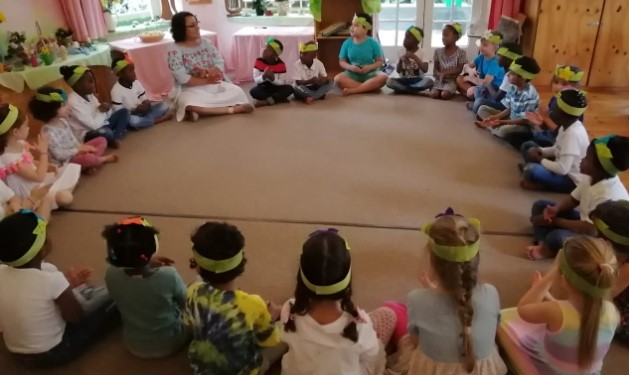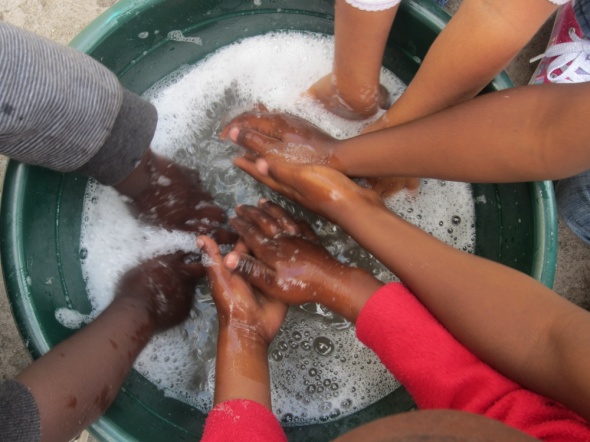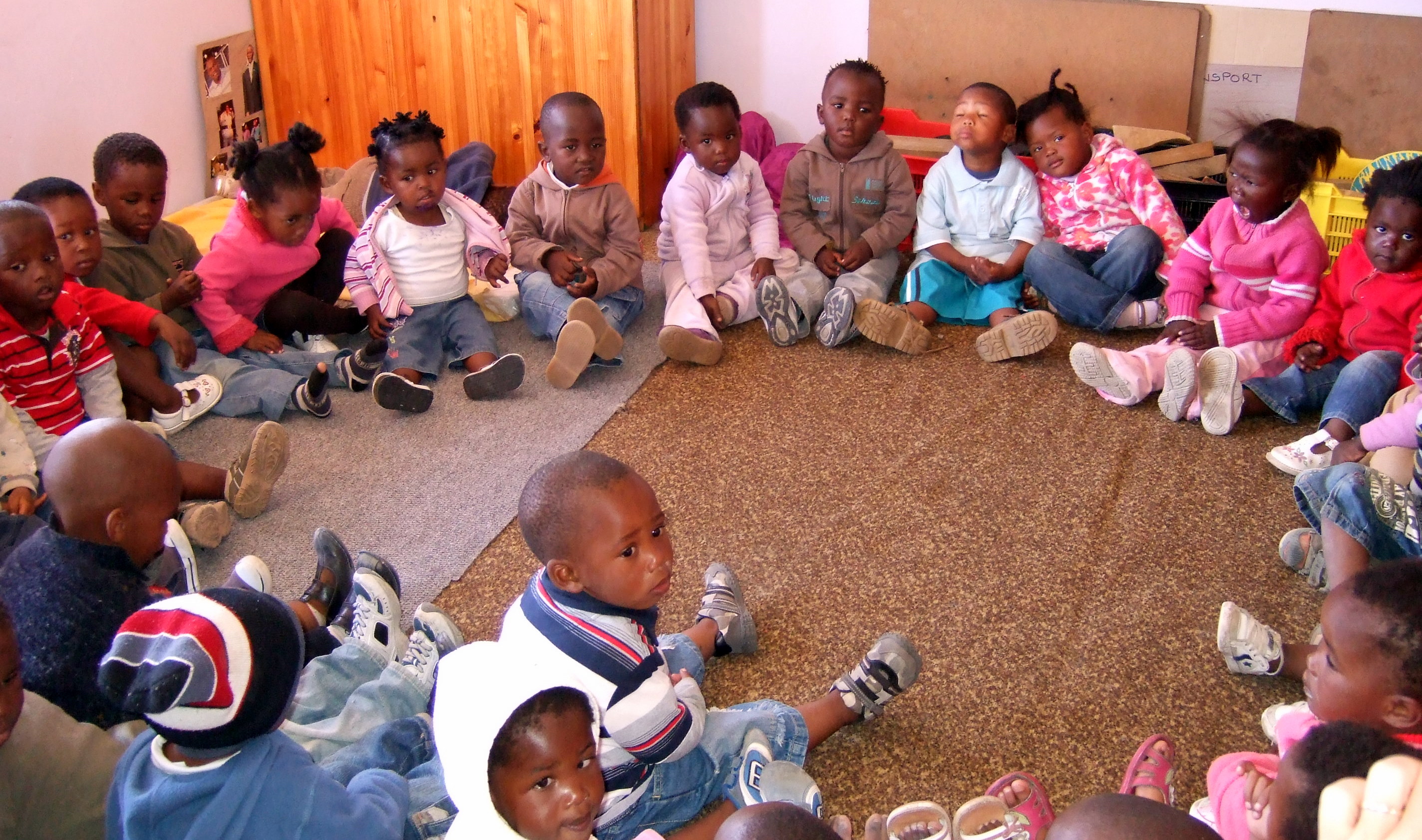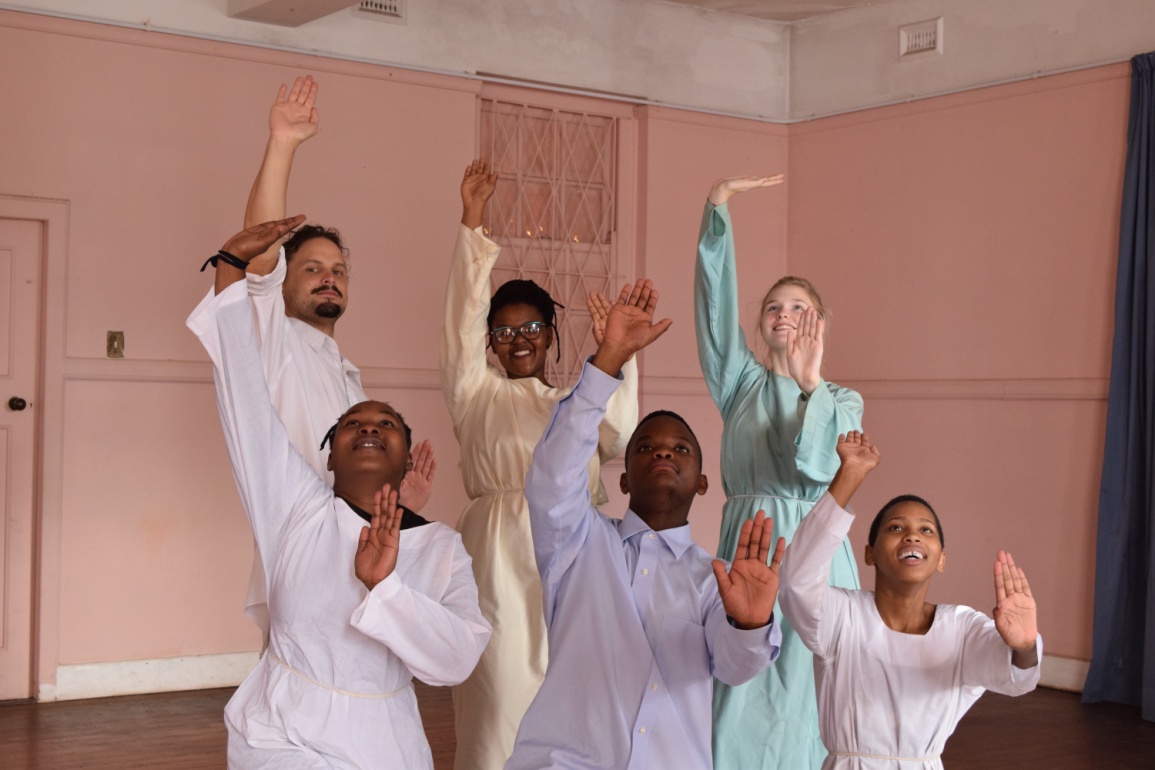In Lithuania twenty programs offer Waldorf education to preschool children. More than half are within government kindergartens and financed by the state; the others are independent initiatives, carried by associations.
The structure and organization of these programs is quite diverse: there are large government Waldorf kindergartens, there are Waldorf groups in government kindergartens that have been working for ten or even almost twenty years, and there are independent kindergartens with a lot of experience and very new initiatives that want to become Waldorf kindergartens. And finally there are programs that have taken on only a few elements of Waldorf pedagogy into their educational practice.
Waldorf education is officially recognized as a form of alternative education. This creates the legal background for realizing the ideas of Waldorf education and making it available in Lithuania.
All kindergartens in Lithuania are open all day. There are normally about 20 children in a group with two to three educators who care for them throughout the whole day. There are very few foreigners in Lithuania, so naturally children grow up in a climate of traditional culture. Children must go to school in the calendar year when they turn seven.
Finances. State kindergarten programs receive 100% of their support from the government. In independent kindergartens 30% of the necessary expenses for each child are reimbursed by the state and the parents pay the rest. Sometimes there is some support from the municipality. What this means is that there is always an abundant lack of funds in the private kindergartens.
Looking back and ahead into the future. The ideas of Waldorf education began to be known at the beginning of the 1990’s when Lithuania became independent. In recent years Waldorf education is becoming more and more popular and beloved. New kindergartens and schools are being founded. There are parent courses and public events. But few books about Waldorf education have been published in Lithuanian; there are still no eurythmists and no anthroposophical doctors. Thus one can say that Waldorf education is still in its pioneer phase. There is still a lot to do and there are not enough people to do everything.
Working together. The Waldorf impulse developed here in a very particular way, with great freedom for personal initiative. We have founded an association where membership is open not only to established Waldorf kindergartens but also to initiatives that hope to come into being one day. We have set ourselves the following tasks: to support the quality of Waldorf education in Lithuania, to organize training and professional development courses, to collaborate with individuals and institutions in Lithuania and in other countries in order to strengthen and intensify the work, and to be active advocates for healthy childhood.
Training. At the moment this is the main task of our association, as the quality of Waldorf education is dependent on the training of our educators. A (part-time) training course took place in February 2016 with nearly 40 students enrolled. After two-and-a-half years the students completed their training. In October 2020 a second preschool teacher course started. This will last 3.5 year (2020-2024).
Rasa Ragauskaitė Driukienė is a Waldorf early childhood educator in Vilnius and represents Lithuania in the IASWECE Council.
Website for the Association for Waldorf Education in Lithuania

